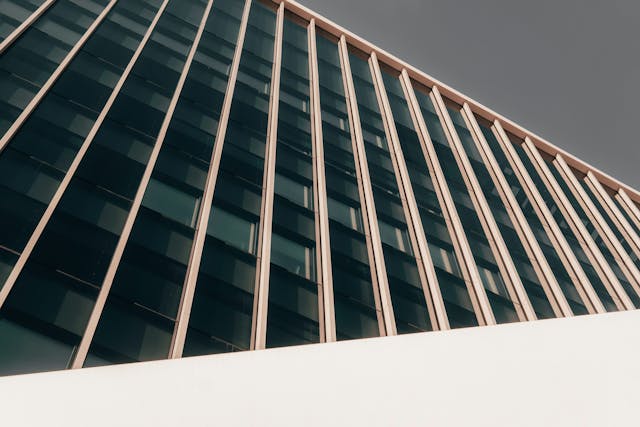More than half a tonne of cannabis herb and over 130 kg of heroin have been seized in Luxembourg in the past five years

Colin Davis, Unsplash
From 2020 to 2024, Luxembourg police and customs seized impressive amounts of drugs:
- Marijuana: over 500 kg (including a record 169 kg intercepted by Customs in 2022).
- Hashish: about 140 kg.
- Cocaine: over 30kg.
- Heroin: about 12 kilos.
Notably, Customs seized 403 kg of cannabis in 2023 - almost 10 times the amount seized in previous years. This suggests one or more large-scale supply channels via airport or cargo mail.
Police report that most drugs come via roads, especially from the Netherlands and Belgium, where they are purchased by street dealers. Customs, on the other hand, records the largest number of finds in air cargo and mail. This corresponds to the division of tasks between the two agencies: police work through internal channels, while Customs work at the border.
Although Luxembourg remains predominantly a transit area, the seized consignments demonstrate the scale of the movement. In most cases, the drugs were not destined for the domestic market but for re-export to neighbouring countries.
On the international scene, Luxembourg actively participates in EMPACT operations, co-operates with Europol, as well as with the Netherlands, France and Belgium in regular operations such as Hazeldonk. Moreover, Customs has joined the EU Customs Alliance for Borders Expert Team, which coordinates the fight against smuggling at the EU's external borders.
The response system includes Joint Investigation Teams and constant exchange of operational information with neighbouring countries. Thanks to these measures, the threat of violence, as in Belgium or the Netherlands where Colombian cartels operate, has so far been contained.
When asked directly about possible Colombian drug cartel activity in Luxembourg, Minister Léon Gloden was unequivocal: there are no such signs at the moment. Regular monitoring of threats, together with international partners, makes it possible to identify risks at an early stage. However, as the minister admitted, no one can give guarantees - the situation in the region remains tense.




